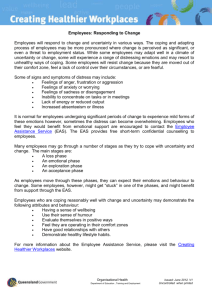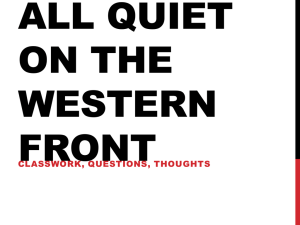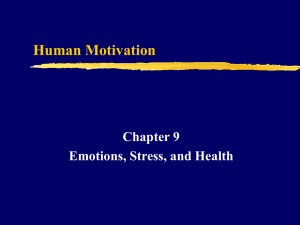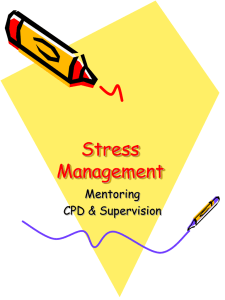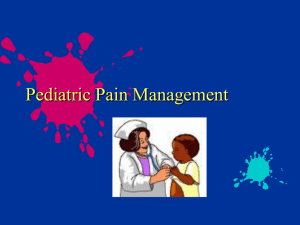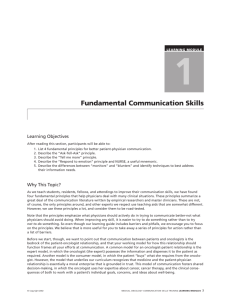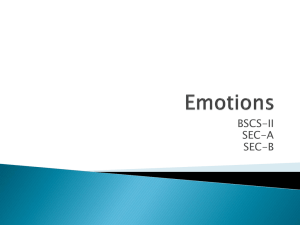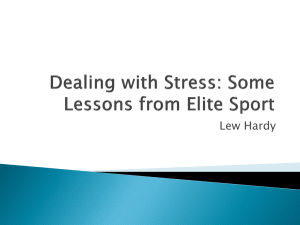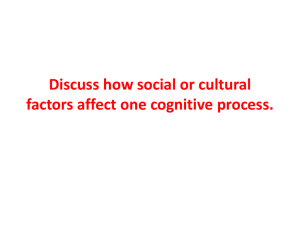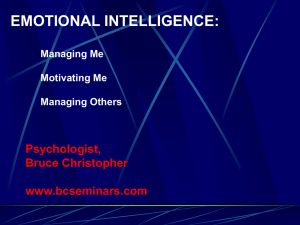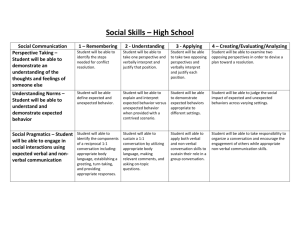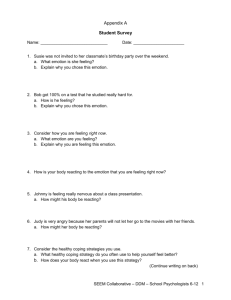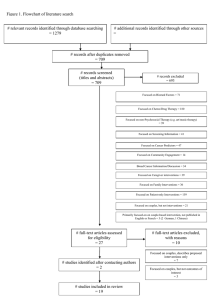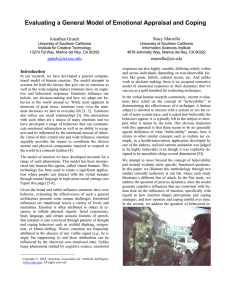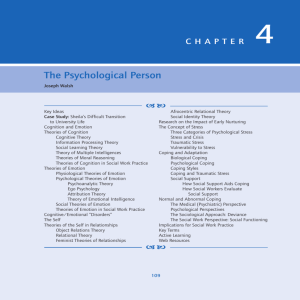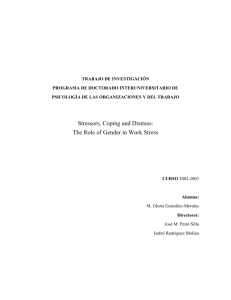File - arin`s eportfolio
advertisement
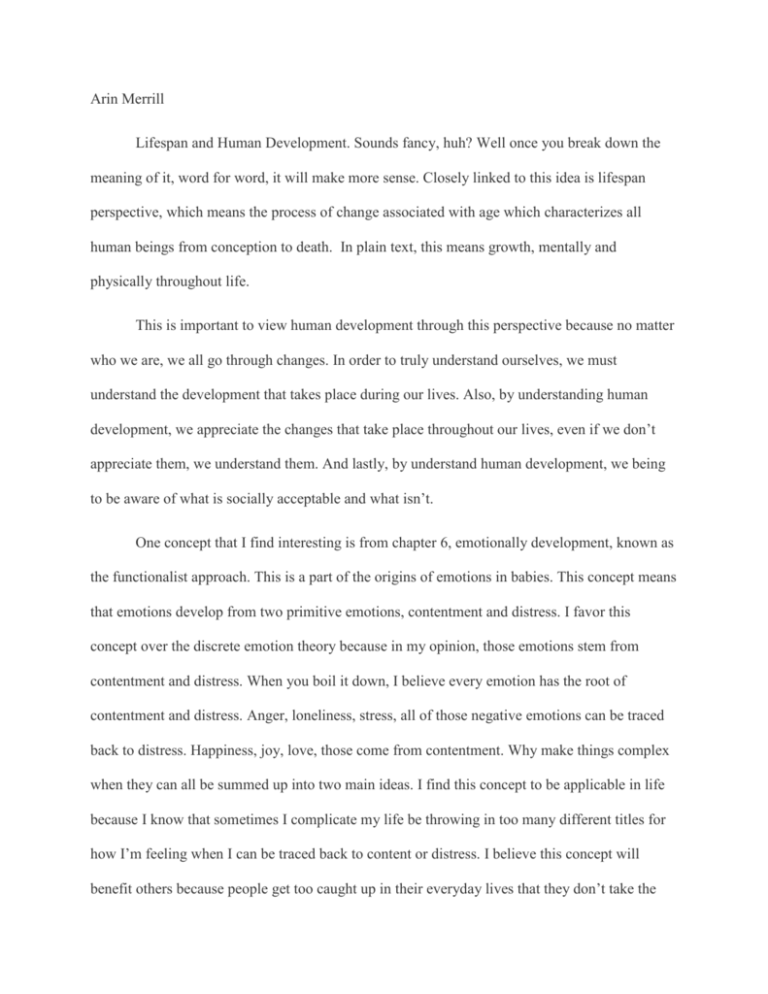
Arin Merrill Lifespan and Human Development. Sounds fancy, huh? Well once you break down the meaning of it, word for word, it will make more sense. Closely linked to this idea is lifespan perspective, which means the process of change associated with age which characterizes all human beings from conception to death. In plain text, this means growth, mentally and physically throughout life. This is important to view human development through this perspective because no matter who we are, we all go through changes. In order to truly understand ourselves, we must understand the development that takes place during our lives. Also, by understanding human development, we appreciate the changes that take place throughout our lives, even if we don’t appreciate them, we understand them. And lastly, by understand human development, we being to be aware of what is socially acceptable and what isn’t. One concept that I find interesting is from chapter 6, emotionally development, known as the functionalist approach. This is a part of the origins of emotions in babies. This concept means that emotions develop from two primitive emotions, contentment and distress. I favor this concept over the discrete emotion theory because in my opinion, those emotions stem from contentment and distress. When you boil it down, I believe every emotion has the root of contentment and distress. Anger, loneliness, stress, all of those negative emotions can be traced back to distress. Happiness, joy, love, those come from contentment. Why make things complex when they can all be summed up into two main ideas. I find this concept to be applicable in life because I know that sometimes I complicate my life be throwing in too many different titles for how I’m feeling when I can be traced back to content or distress. I believe this concept will benefit others because people get too caught up in their everyday lives that they don’t take the time to trace back to their roots, do something they enjoy. Not for other people, but for themselves. The next concept that I have chosen is from chapter 12, stress, called emotion focused coping vs. problem focused coping. Emotion focused coping means to attempt to reduce the disturbance emotions which accompany stress. This in terms means that people will reach out to friends and their social groups as a defense mechanism. At times, this way of coping can be counteractive because this coping mechanism can be impulsive and more often than not, will turn to drinking and drugs due to social peer pressure. The counter idea of this one is problem focused coping which means that when distraught, you try to understand the root of the problem in order to take proper action to deal with it. Out of the two concepts, this one is more widely accepted because it is assertive, and considered to be more time manageable. This concept helps you to access the stressor in a beige manner and handle it appropriately. I find both of these ideas to be valuable because I know I have man stressors in my life and I have tried to do one coping mechanism over the other when actually, you should be combining the methods and using them evenly. I believe this is important for others to understand because like me, people will favor one coping mechanism over the other and in some cases that can be counteractive such as using emotion focused mechanisms over assessing the situation. All in all, I enjoyed this class very much so. I didn’t mind that it was a 0830 class, in fact, I thought it was the perfect time. The professor was entertaining and engaging while still keeping her creditability as a professor. I plan on taking more classes involving psychology, in fact, I believe I would like to pursue a career in psychology. Thank you.

